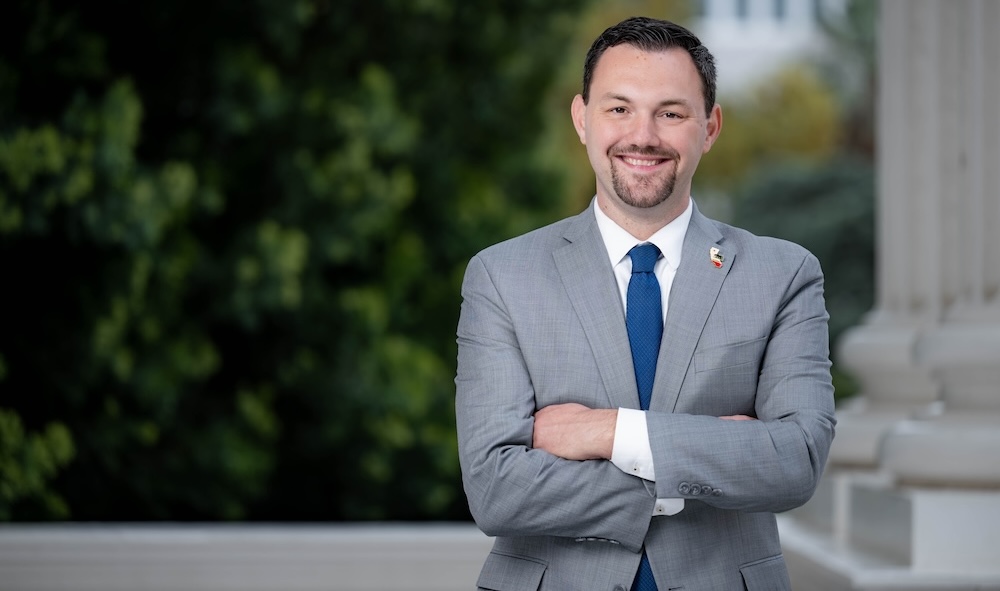
Welcome to my website!
Latest News
Asm. Schultz Stands United with CA Assembly Democrats to Stop Illegal Federal Actions in Los Angeles
Assemblymember Nick Schultz Names Burbank Arts and Education Foundation the 2025 Nonprofit of the Year
BURBANK —Assemblymember Nick Schultz (D-Burbank) celebrated Burbank-based nonprofit, Burbank Arts and Education Foundation, as the 44th Assembly District’s 2025 California Nonprofit of the Year on Wednesday, May 21, 2025 in Sacramento.
“I was honored to select the Burbank Arts & Education Foundation (BAEF) as the 2025 Nonprofit of the Year. The BAEF has provided critical support to Burbank students...


